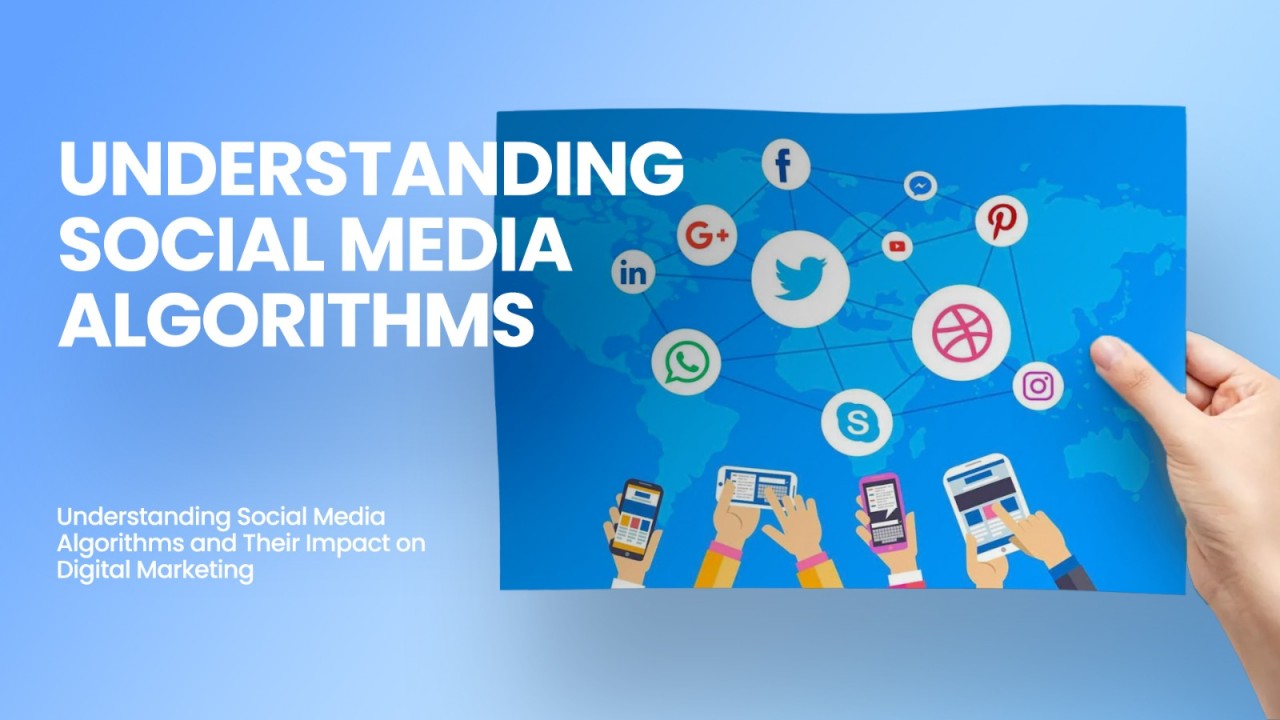
- August 4, 2025
- wallahleads@gmail.com
- 0
In the ever-evolving landscape of digital marketing, social media platforms continue to be the heartbeat of brand engagement. However, the rules of the game are shifting rapidly—thanks to the ongoing evolution of social media algorithms. What worked a year ago might not work today. In 2025, platforms like Instagram, TikTok, Facebook, LinkedIn, and X (formerly Twitter) are prioritizing user behavior, content quality, and intent more than ever. To stay ahead, brands must understand how these algorithms function and tailor their content strategies accordingly.
The Shift from Chronological to Predictive
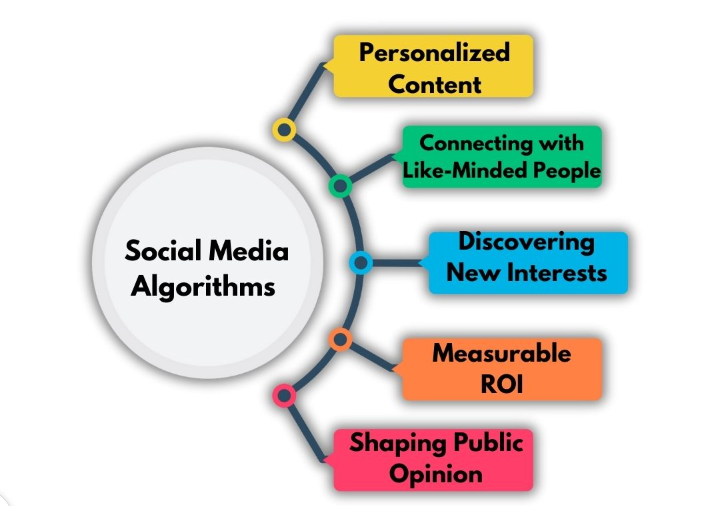
Gone are the days when content appeared in feeds in chronological order. Modern social platforms rely on predictive algorithms that determine what a user is most likely to engage with. These algorithms analyze thousands of signals, such as how long a user watches a video, what kind of posts they interact with, and even what content they’ve saved for later. In 2025, artificial intelligence and machine learning drive these predictions with increased accuracy, pushing brands to focus on relevance, timing, and personalization.
Engagement Quality Over Quantity
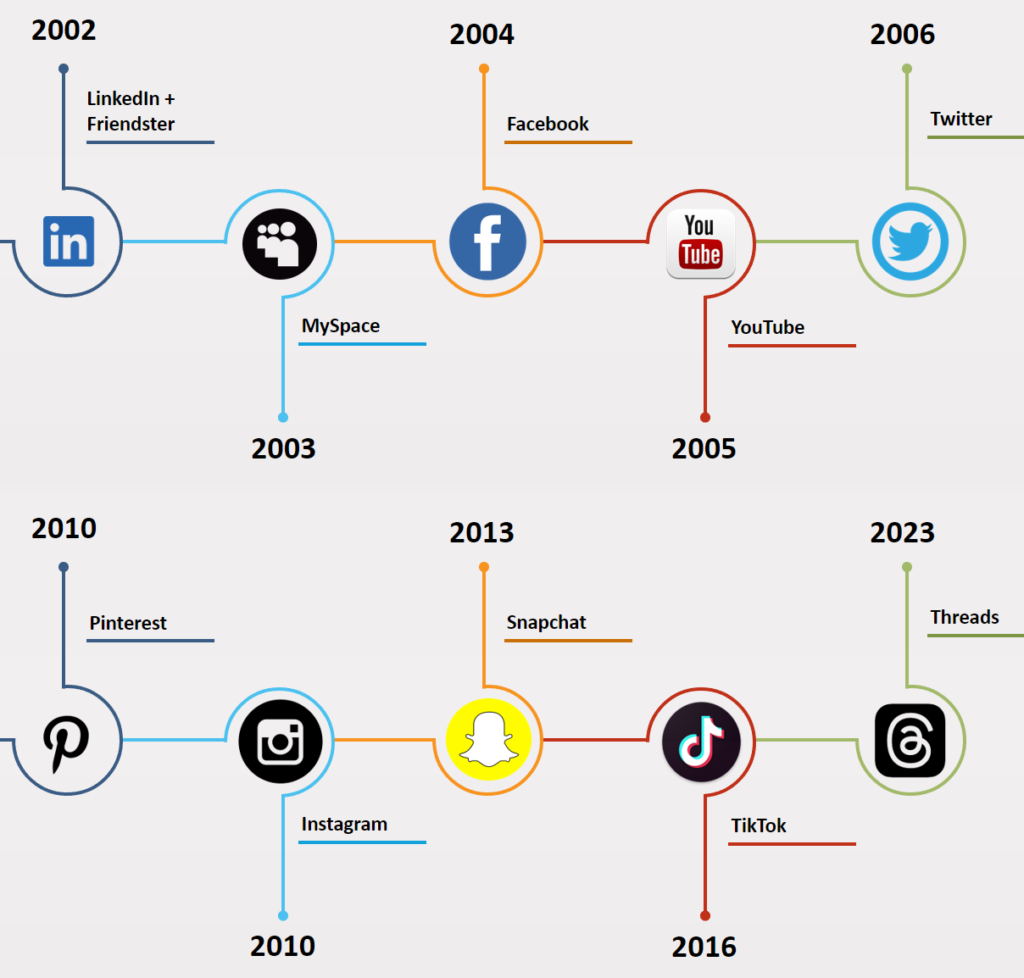
One of the most notable changes is the emphasis on meaningful engagement. Likes and comments are no longer the only metrics that matter. Platforms now consider comment depth, sharing patterns, DM interactions, and even the emotional tone of conversations. Brands that spark genuine discussions or offer valuable insights are being rewarded with higher reach and visibility. A single thoughtful comment can now weigh more than 100 passive likes in the eyes of the algorithm.
Short-Form Video Reigns Supreme
In 2025, short-form videos continue to dominate. With the explosion of TikTok-style content on Instagram Reels, YouTube Shorts, and even LinkedIn, brands are being nudged to deliver value quickly. Algorithms prioritize videos that hold viewer attention for more than 3–5 seconds, encouraging creators to hook viewers immediately. The key isn’t just in creating short content—it’s in creating interactive, emotionally resonant, and visually compelling content that sparks shares and saves.
Personalization Through AI
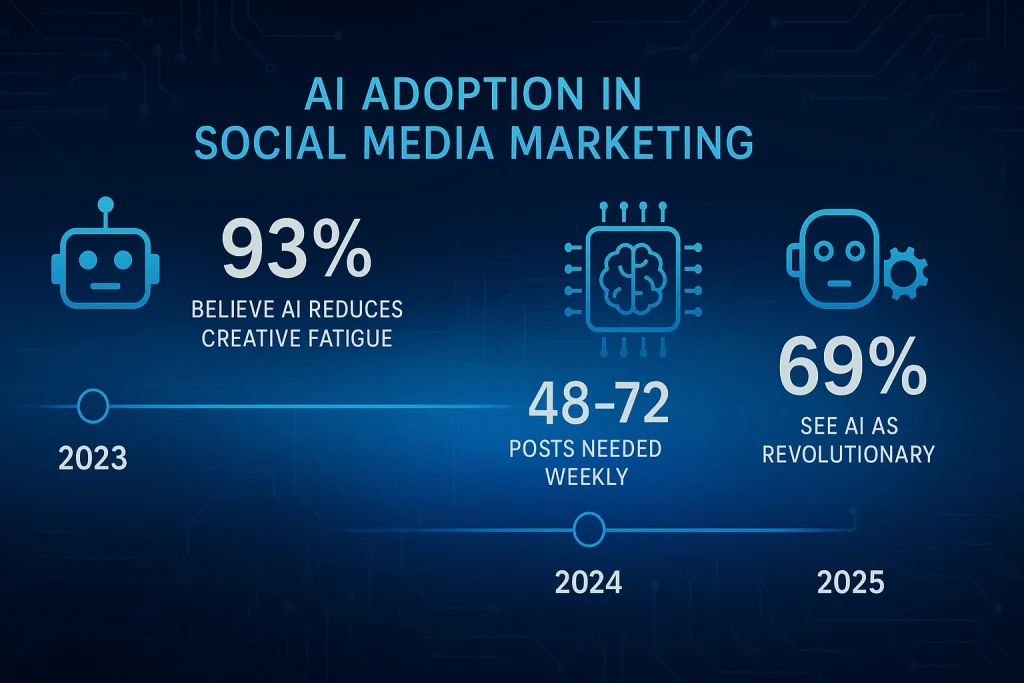
AI-driven personalization is no longer optional—it’s the norm. Platforms are creating unique feed experiences for each user. Content that aligns with a user’s micro-interests, geography, language preference, or interaction history gets prioritized. For brands, this means using hyper-targeted content and localized messaging. Leveraging AI tools to tailor posts for niche audiences can dramatically increase a brand’s organic reach in 2025.
Hashtag Strategies Are Smarter
Hashtags still play a role, but their effectiveness now depends on contextual relevance rather than sheer volume. Platforms can now interpret the meaning and intent behind hashtags using NLP (Natural Language Processing). Spamming with popular hashtags will no longer work; instead, brands must focus on category-based, location-based, and intent-based hashtags to improve discoverability.
Influencer Collaboration is Algorithm-Friendly
Social media platforms in 2025 also favor collaborative content. When influencers co-create or tag brands, the algorithm sees these posts as more trustworthy and engaging. Co-posting, branded content tags, and dual lives are effective ways to reach broader audiences. The key is authenticity—algorithms are increasingly adept at detecting forced or overly promotional content and penalizing it in the feed.
The Rise of Micro Communities
Algorithms now prioritize community-driven content. Facebook Groups, Reddit-style threads, niche Twitter/X communities, and even private channels on Telegram or WhatsApp are gaining traction. These micro communities foster deep engagement, which is exactly what algorithms reward. Brands tapping into these circles are seeing higher conversion rates and better brand loyalty.
Conclusion
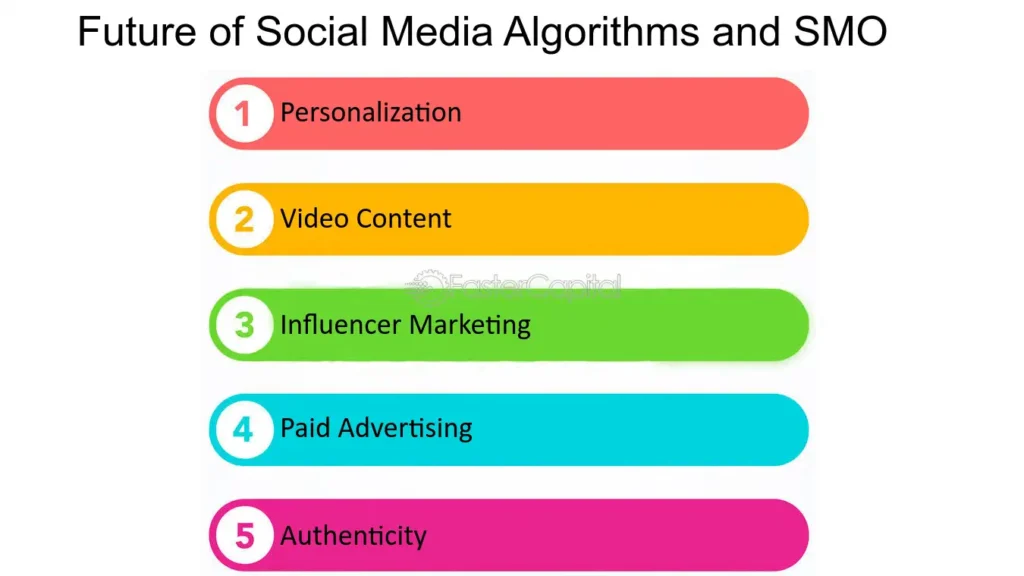
The evolution of social media algorithms in 2025 is redefining how brands engage with their audience. Success lies not in gaming the system, but in understanding it—and crafting content that is authentic, relevant, and deeply engaging. Brands that adapt to algorithmic changes with agility and creativity will continue to thrive in an increasingly competitive digital space.
To explore how empathy-driven automation is reshaping marketing strategies alongside AI advancements, check out this detailed guide on humanized AI in 2025 marketing campaigns.

